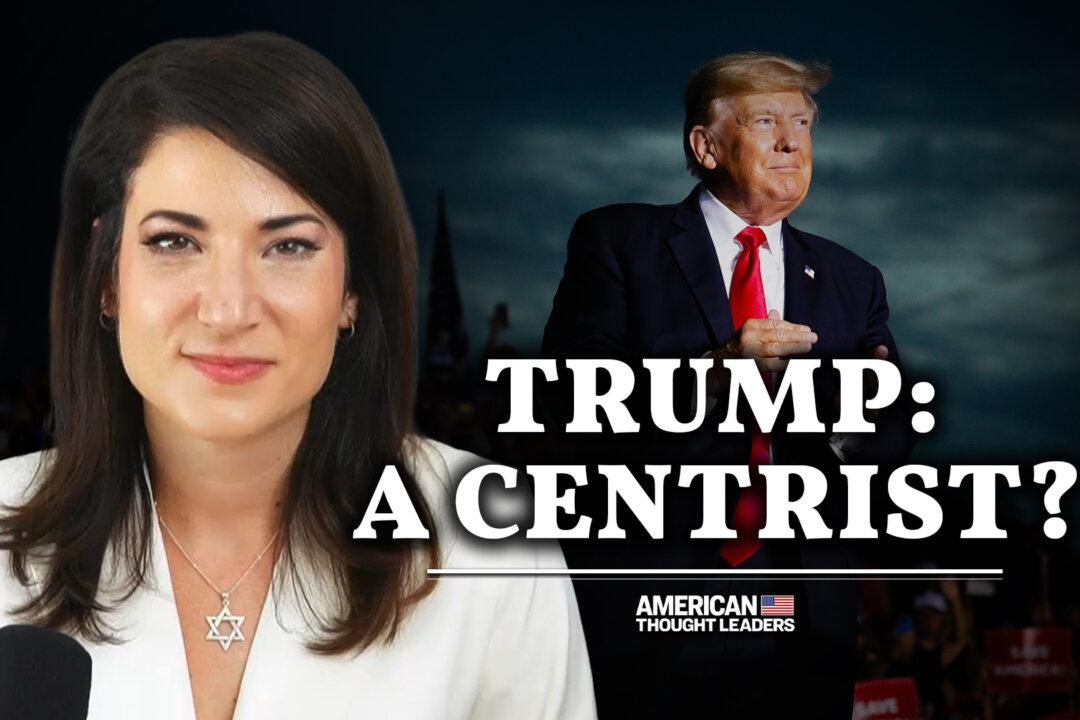In a recent episode of American Thought Leaders, host Jan Jekielek talks with Batya Ungar-Sargon, who recently traveled the country, speaking to everyday Americans about how they perceive the political, economic, and cultural climate. She compiled her findings in a book: “Second Class: How the Elites Betrayed America’s Working Men and Women.” Her earlier book was “Bad News: How Woke Media Is Undermining Democracy.”
Jan Jekielek: In 2016, when Donald Trump won the presidency, you noted that two-thirds of the working class voted in his favor.






